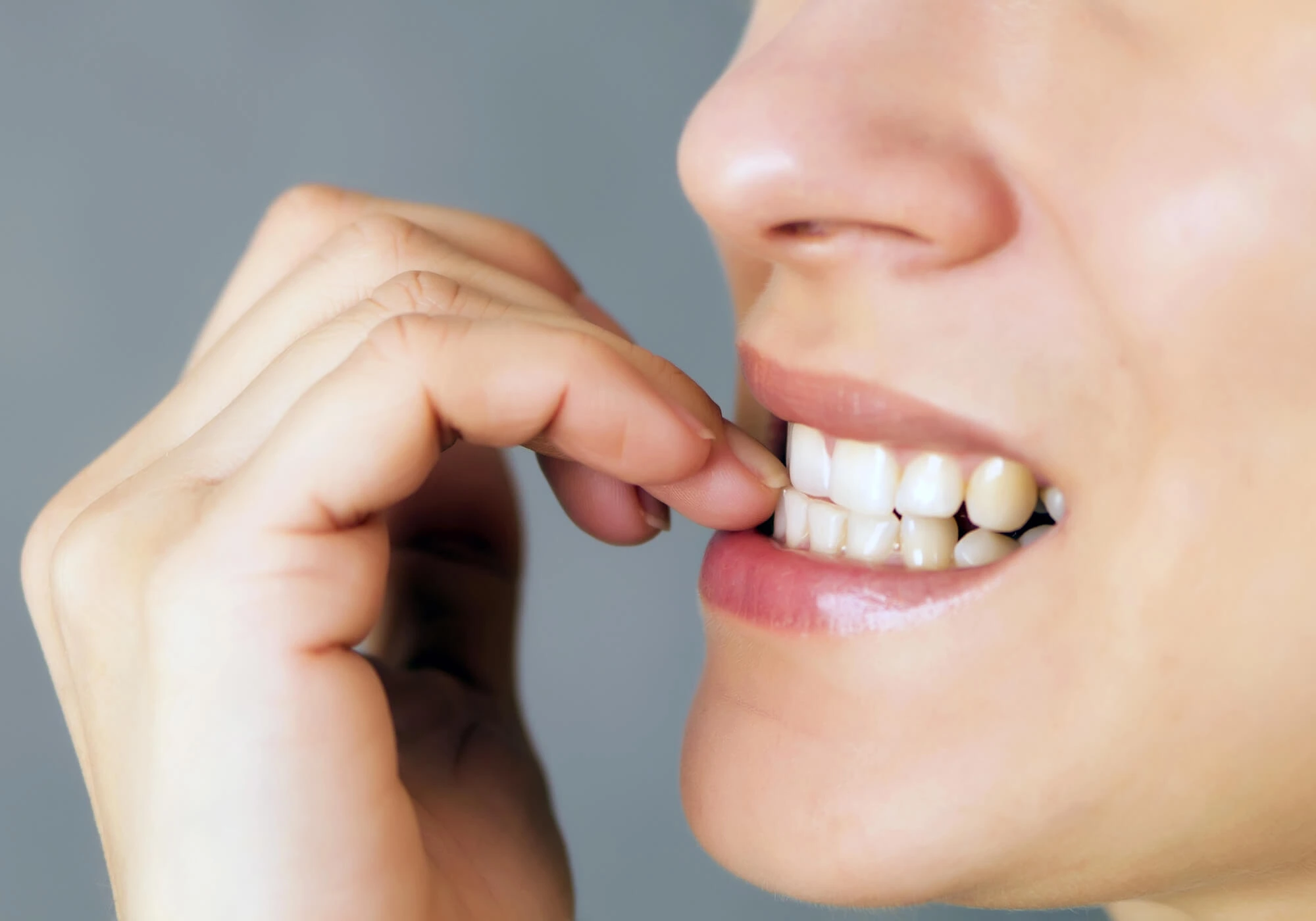Temporomandibular disorders (TMD) affect the jaw joints and surrounding muscles, often causing discomfort, chronic headaches, ear pain, and even issues with chewing or speaking.
While jaw trauma and arthritis are well-known culprits, some of the biggest contributors to jaw pain may actually stem from your day-to-day behavior. Surprised? Many patients are! The good news is that once you recognize these triggers, small changes can bring major relief.
If you’ve been struggling with unexplained jaw pain or stiffness, now’s the perfect time to evaluate your habits. A dentist in Seagoville can help you pinpoint causes and develop a plan that gets your smile and comfort back on track.

Understanding TMD: Beyond the Basics
Your temporomandibular joints (TMJs) are the hinges that connect your jaw to your skull, located just in front of each ear. These joints are responsible for moving your jaw side to side, up and down, and even forward and backward. With such a complex range of motion, it’s no surprise they’re vulnerable to stress.
TMD refers to a range of conditions affecting these joints and the muscles around them. While genetics, injury, and arthritis are major causes, less obvious daily actions can lead to or worsen the problem.
Common Habits That Put Pressure on Your Jaw Without You Even Knowing
1. Chewing Gum Too Often
Chewing gum may freshen breath or curb cravings, but overdoing it can lead to jaw fatigue.
Why It Matters
Each time you chew, your TMJs and surrounding muscles are activated. When you're constantly chewing gum, particularly for long periods or on one side, it can overwork these muscles, leading to pain, stiffness, or inflammation.
A Healthier Habit
If you enjoy chewing gum, try limiting it to brief moments, such as after meals. Choose sugar-free options, and switch sides often. For oral fixations, consider sipping water, sucking on sugar-free mints, or chewing soft foods that require less force.
2. Poor Posture
Bad posture doesn’t just hurt your back — it can wreak havoc on your jaw too.
How Posture Impacts the Jaw
Slouching forward causes your head to jut out of alignment. This shifts your jaw's resting position, which creates uneven pressure on the joints and surrounding muscles. Over time, this imbalance strains the TMJs and can lead to muscle spasms or joint dysfunction.
Small Adjustments, Big Relief
Keep your computer monitor at eye level, shoulders back, and ears aligned with your shoulders. A lumbar-support chair and standing desk can also help. Set reminders to check your posture throughout the day — your neck, shoulders, and jaw will thank you.
3. Nail-Biting
Nail-biting is often a response to stress or boredom, but it comes with a dental cost.
The TMJ Toll
Biting your nails involves clenching your jaw and placing the TMJs in a strained, unnatural position. The repeated action may lead to joint soreness or even microtrauma, especially if your bite alignment is already off.
Breaking the Cycle
Awareness is the first step. Keep your nails trimmed and consider applying a bitter-tasting polish. Using a stress ball or fidget tool can help redirect nervous energy. For persistent habits, a behavioral therapist may offer effective coping strategies.
4. Teeth Grinding (Bruxism)
Bruxism — grinding or clenching your teeth — is a silent but common TMD culprit, especially at night.
Warning Signs
Frequent morning headaches, earaches, flattened teeth, or a tight jaw are all red flags. Many people are unaware they grind their teeth in their sleep until a partner or dentist points it out.
Solutions That Help
Custom nightguards, designed by a dentist, create a protective barrier between your teeth. Stress management techniques like deep breathing, stretching, or counseling can also reduce tension that leads to clenching.
5. Resting Your Chin on Your Hand
This seemingly innocent habit can place your jaw in an awkward, stressed position for hours.
Subtle Pressure Adds Up
Favoring one side can create an imbalance in muscle use, pulling your jaw slightly out of alignment. Over time, this leads to increased strain on one TMJ over the other, which may cause or worsen TMD symptoms.
Try This Instead
Support your back and shoulders with ergonomic seating and avoid leaning forward. Prop up reading materials to eye level. Using both arms equally throughout the day helps encourage symmetrical muscle use.
6. Overuse of Headphones or Cell Phones
Tech habits are often overlooked, but they affect more than your screen time.
Muscle Imbalance Risks
Holding your phone between your ear and shoulder, or wearing tight over-the-head headphones, puts pressure on one side of your neck and jaw. This lopsided tension can radiate through the jaw and trigger TMJ symptoms.
Simple Fixes
Use speakerphone or wireless earbuds. Adjust your headphones so they sit comfortably without squeezing. Alternate ears during long calls or use voice-to-text when possible.
7. Skipping Meals or Eating Hard Foods
Even your eating habits play a role in TMJ health.
The Risk of Irregular Eating
Skipping meals can lead to over-chewing during your next one, and eating very hard or chewy foods (like bagels, jerky, or crusty bread) can strain the jaw.
What to Eat Instead
Opt for softer, balanced meals and take smaller bites. If you’re in the middle of a TMD flare-up, smoothies, soups, and cooked vegetables are easy on your joints and still nutritious.
Proactive Steps for TMD Relief
Good news! Awareness and a few lifestyle tweaks can correct most of these habits. By understanding how your behaviors impact your jaw, you’re already halfway to relief. Keeping a jaw journal, where you track pain levels and note triggers, can also help identify patterns.
Even if your symptoms are mild, don’t wait. The earlier you address TMD, the easier it is to manage. A skilled dentist can assess your bite, review your symptoms, and recommend conservative treatments for muscle tension.

A Trusted Dentist in Seagoville Can Help You Feel Better!
Your jaw shouldn't hurt every time you eat, talk, or smile. Although everyday habits may be part of the problem, the solution can be simple. Take small steps toward healthier routines and consult the team at Mirror Lake for expert care and guidance.
Call today or schedule your visit with Mirror Lake — where your comfort is our priority.


